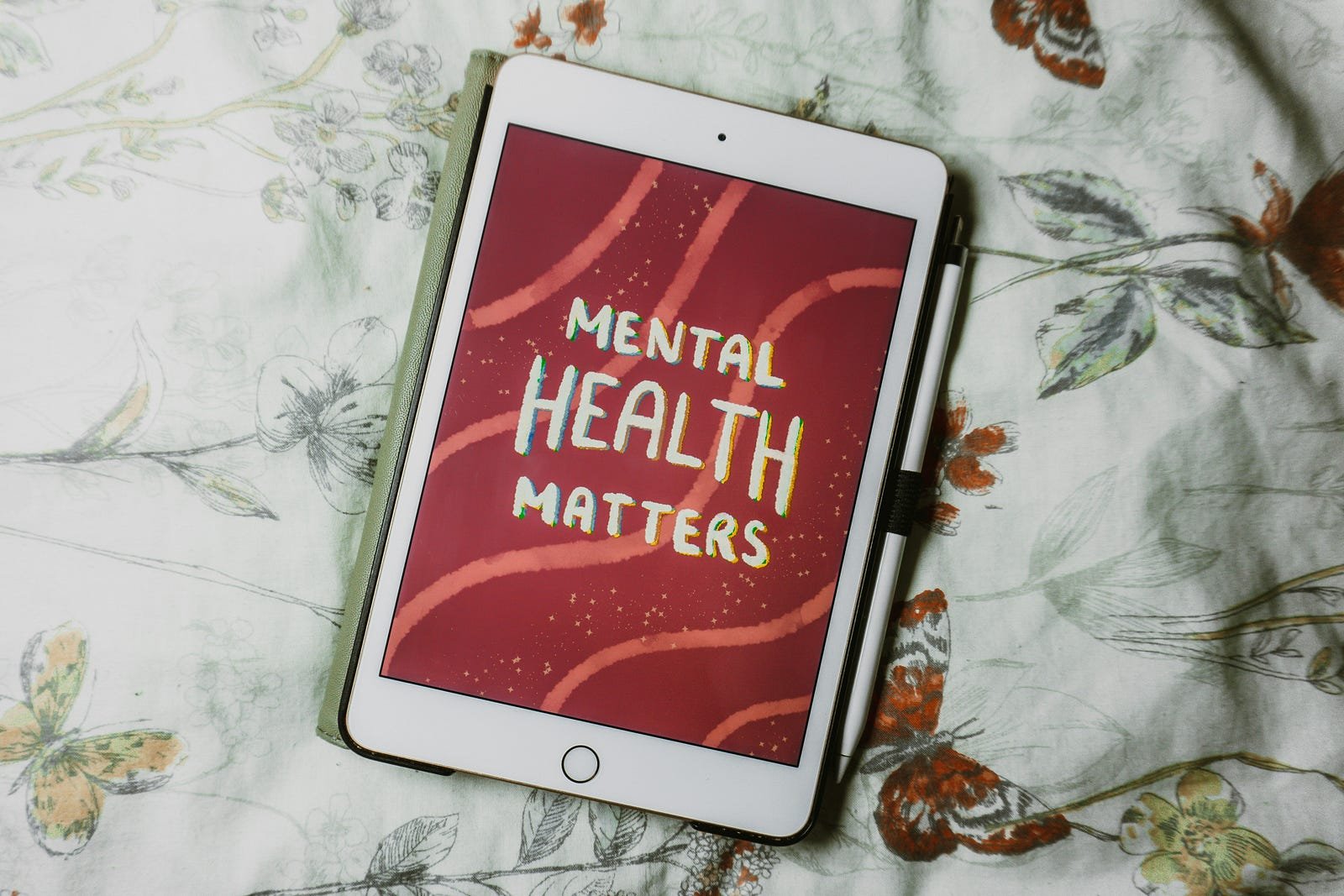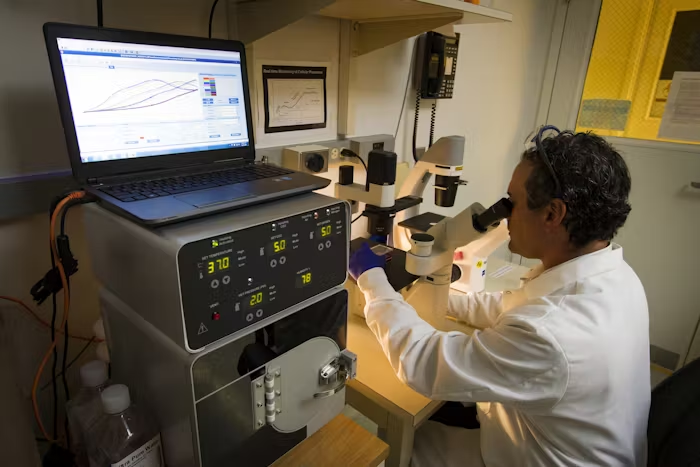Mental health is an essential component of overall well-being, yet it is often overlooked until it becomes a crisis. Recognizing the early signs of mental health issues is critical in seeking timely help, reducing the severity of symptoms, and promoting a healthier, happier life.
In this comprehensive guide, we’ll explore how to identify the early signs of mental health challenges, the importance of awareness, and practical steps for prevention and intervention. Whether you’re looking to help yourself or someone you care about, understanding these signs can be life-changing.
Why Recognizing Early Signs of Mental Health Issues Matters
Early detection of mental health issues can make a significant difference in the outcome of treatment. Like physical health conditions, mental health issues are often easier to manage when addressed promptly.
- Prevention of Escalation: Identifying early signs can prevent issues from worsening.
- Better Outcomes: Early intervention often leads to faster recovery.
- Improved Quality of Life: Addressing mental health challenges early reduces their impact on daily life.

Common Early Signs of Mental Health Issues
Mental health issues can manifest in a variety of ways, and their early signs may differ depending on the individual and the condition. Below are some of the most common indicators:
1. Changes in Mood
Sudden or persistent changes in mood are often among the first signs of mental health issues.
- Feeling unusually sad, irritable, or anxious for extended periods.
- Experiencing extreme mood swings without clear triggers.
- Losing interest in activities that were once enjoyable.
2. Difficulty Concentrating
Struggling to focus on tasks, even those that require minimal effort, can signal underlying mental health challenges.
- Forgetting appointments or responsibilities.
- Having trouble making decisions or solving problems.
3. Social Withdrawal
Avoiding friends, family, or social situations is another early sign.
- Isolating oneself from loved ones.
- Feeling disconnected from others.
4. Changes in Sleep Patterns
Sleep disruptions are closely linked to mental health.
- Insomnia or difficulty staying asleep.
- Oversleeping or feeling excessively fatigued despite rest.
5. Physical Symptoms Without a Clear Cause
Mental health issues often manifest physically.
- Frequent headaches, stomachaches, or muscle tension.
- Unexplained fatigue or low energy levels.
6. Increased Sensitivity to Situations
Heightened sensitivity to rejection, criticism, or stress is a common early warning sign.
- Overreacting to minor setbacks or challenges.
- Feeling overwhelmed by everyday responsibilities.
7. Risky or Self-Destructive Behaviors
Engaging in actions that could harm oneself or others may indicate deeper issues.
- Increased substance use (alcohol, drugs).
- Reckless driving or taking unnecessary risks.
8. Persistent Feelings of Hopelessness
A sense of despair that doesn’t seem to lift can signal depression or other mental health conditions.
- Thinking, “Things will never get better.”
- Feeling like there’s no point in trying.
Mental Health Conditions and Their Early Signs
Different mental health conditions have unique early signs. Understanding these can help in seeking the right support.
1. Anxiety Disorders
Early signs of anxiety include:
- Restlessness or feeling “on edge.”
- Excessive worry about everyday situations.
- Avoidance of specific places or activities.
2. Depression
Depression may present as:
- Persistent sadness or emptiness.
- Loss of interest in hobbies and activities.
- Changes in appetite or weight.
3. Bipolar Disorder
Early symptoms of bipolar disorder include:
- Episodes of extreme energy and euphoria (mania).
- Periods of deep sadness or lack of motivation.
4. Post-Traumatic Stress Disorder (PTSD)
PTSD early signs can involve:
- Flashbacks or intrusive thoughts about a traumatic event.
- Avoidance of reminders of the event.
- Irritability or heightened startle response.
5. Eating Disorders
Signs of eating disorders like anorexia or bulimia include:
- Obsessing over food, weight, or body image.
- Skipping meals or binge eating.
- Using laxatives or other methods to control weight.
Barriers to Recognizing Mental Health Issues
While recognizing early signs is crucial, several barriers can make it challenging:
1. Stigma
Many people fear judgment or discrimination for discussing mental health concerns.
- Solution: Normalize conversations about mental health to reduce stigma.
2. Lack of Awareness
Not everyone is familiar with mental health symptoms.
- Solution: Educate yourself and others about mental health.
3. Misattributing Symptoms
Physical symptoms like fatigue may be dismissed as unrelated to mental health.
- Solution: Consider both physical and emotional factors when assessing symptoms.
Practical Steps for Addressing Early Signs
If you or someone you know is experiencing early signs of mental health issues, these steps can help:
1. Educate Yourself
Understanding mental health conditions and their symptoms is the first step.
- Read reputable resources about mental health.
- Attend workshops or seminars.
2. Seek Professional Help
A mental health professional can provide a proper diagnosis and treatment plan.
- Contact a therapist, counselor, or psychiatrist.
- Explore online therapy options if in-person visits aren’t feasible.
3. Build a Support System
Having a strong network of friends, family, or support groups can make a significant difference.
- Share your feelings with trusted individuals.
- Join local or online support communities.
4. Prioritize Self-Care
Taking care of your physical and emotional needs can reduce stress and improve resilience.
- Practice mindfulness or meditation.
- Maintain a balanced diet and regular exercise routine.
5. Monitor Progress
Keep track of symptoms to understand patterns and triggers.
- Use a journal to document thoughts and feelings.
- Share this information with your therapist.
The Role of Mental Health Awareness
Raising awareness about mental health is essential for fostering early recognition and intervention.
1. Encouraging Open Conversations
Talking openly about mental health reduces stigma and normalizes seeking help.
2. Providing Education in Schools and Workplaces
Workshops and training sessions can equip people with tools to identify and manage mental health challenges.
3. Promoting Accessibility
Ensuring access to mental health resources, such as therapy and crisis hotlines, is vital.
Real-Life Stories of Early Recognition and Recovery
1. Overcoming Anxiety
- Challenge: A young professional noticed persistent worry and avoidance of social events.
- Solution: Therapy and mindfulness exercises helped them regain confidence.
2. Battling Depression
- Challenge: A college student struggled with low motivation and sleep disruptions.
- Solution: Seeking counseling and joining a support group led to significant improvement.
The Connection Between Early Recognition and Long-Term Mental Health
Early recognition of mental health issues doesn’t just address immediate challenges; it also sets the foundation for long-term well-being.
1. Preventing Chronic Conditions
Intervening early can stop mild symptoms from developing into severe disorders.
2. Building Resilience
Learning coping strategies early on enhances emotional strength.
3. Encouraging Lifelong Growth
Proactively managing mental health fosters personal and professional development.
Recognizing the early signs of mental health issues is a critical step toward better emotional well-being. By paying attention to changes in mood, behavior, and physical health, you can identify when it’s time to seek help.
Whether it’s through professional therapy, building a support network, or practicing self-care, taking action early can transform lives. Let’s break the stigma, educate ourselves, and prioritize mental health for a brighter, healthier future.
If you or someone you know is struggling, don’t hesitate to reach out. Help is always available, and recovery is possible.














